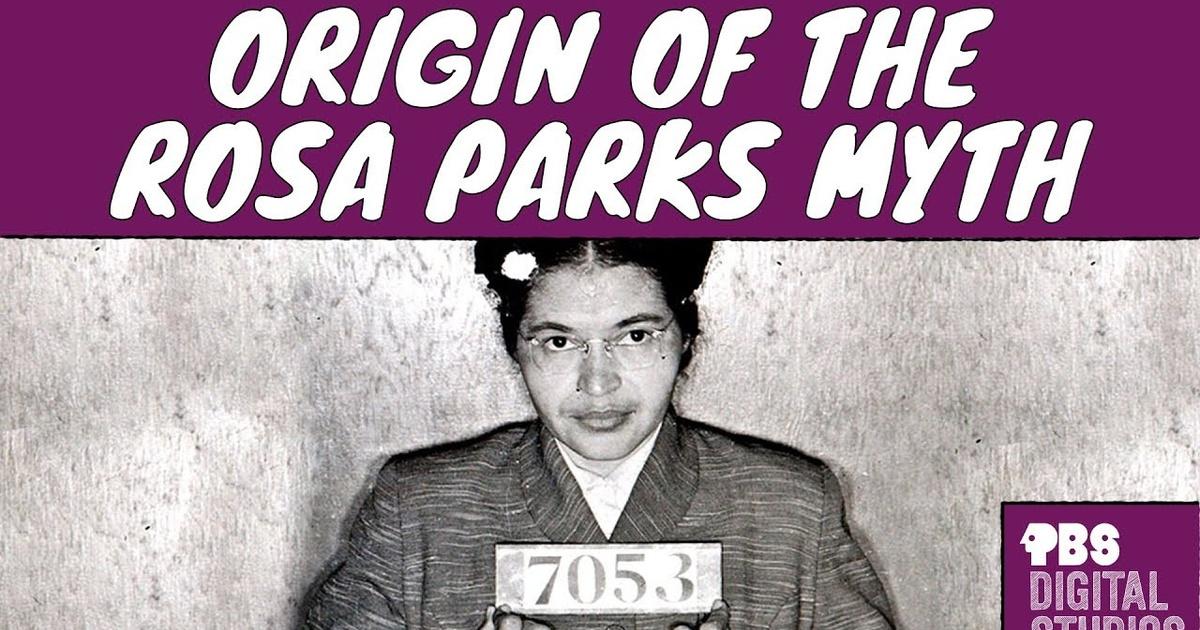

Black History Month 2024
Eatonville School District
As we move into February, let us honor the voices of our past by recognizing and celebrating the importance of Black History Month.
Black History Month is an annual celebration of achievements by African-Americans and a time to recognize their central role in U.S. history. Black History Month is also known as African-American History month which was birthed out of "Negro History Week." Carter Woodson, founder of the Association for the Study of Negro Life and History (ASNLH), sent out a press release from Chicago announcing the First Negro History Week in 1926. This marked the indoctrination of this national recognition. President Gerald Ford was the first U.S. president which recognized Black History Month in 1976. Since then every president has issued a proclamation honoring the spirit of Black History Month.
Resources
We are providing resources to support learning for staff, students and families:
- Origins of Black History Month: provides history surrounding the creation of Black History Month.
- Why We Need Black History Month: A host of resources/lessons on different topics such as Black students mental health, Black Lives Matter, intersectionality, Black LGTBQ community, and much more.
- Black History Month: Teaching Beyond Slavery: engage in lessons that center black people who's narratives aren't always steeped in oppression and struggle.
- Black History Month Theme for Preschool: host of resources for our younger learners.
- Black History Month Lesson Plans and Teaching Resources k-12: host of resources and plans to support Black History Month
- 1619: a New York Times podcast that examines the long shadow of American Slavery.
- Top 15 Children's Books for Black History Month
Teaching Tips
In celebration of Black History Month in February, below are instructional resources that may be helpful in the classroom. The below resources aim to address the political, social and economic realities of Black life in America, the Civil Rights struggles – and equally, if not more, important – the achievements and cultural contributions of Black Americans that enable our society to transcend the bounds of racism.
February 4th is Rosa Parks' Birthday
Truth or myth, or something in between? It's fitting that Rosa Parks's birthday kicks off Black History Month. This template takes a her story as a launching off point, exploring in more depth her actions and those around her whose work pushed forward the cause of civil rights in America.





